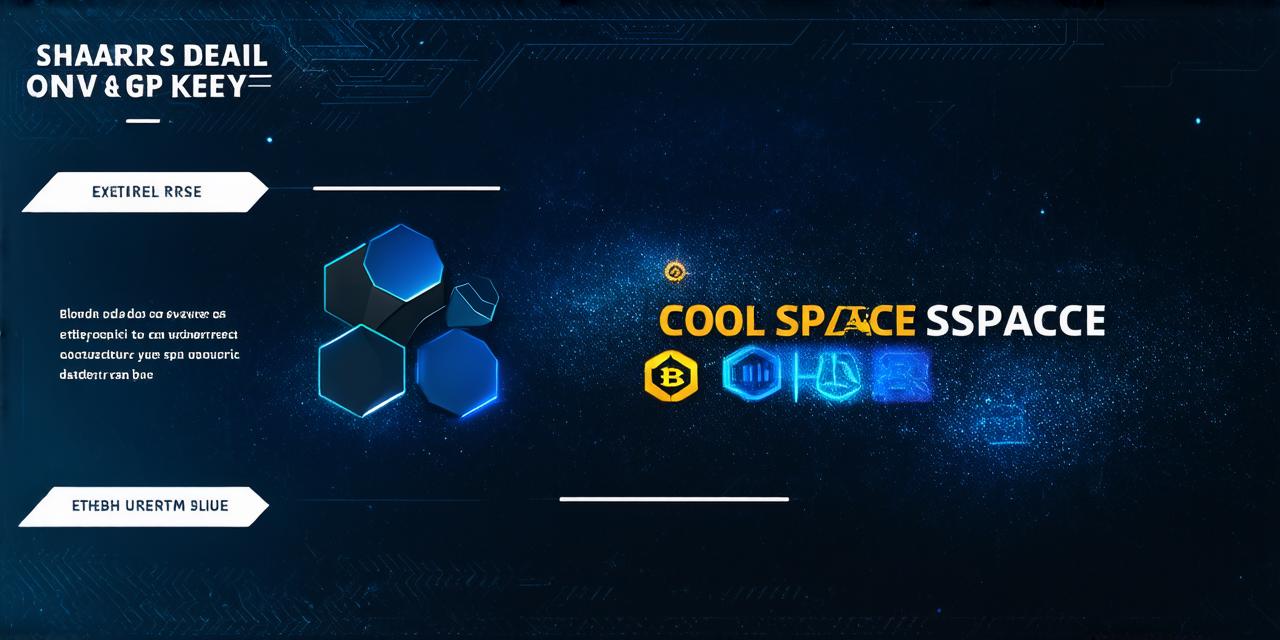Polygon (formerly known as Matic) is a decentralized finance platform that allows users to connect to different blockchains and conduct transactions seamlessly.
It is built on top of Ethereum and other blockchain networks, allowing for the creation of scalable and efficient decentralized applications (dApps).
Polygon was founded in 2018 by Justin Sun and Mihailo Bulevic and has since grown to become one of the most widely used platforms in the cryptocurrency space. It is designed to solve the scalability issues that have been plaguing Ethereum and other blockchains, allowing for faster and more efficient transactions.
Polygon allows for the creation of layer 2 solutions on top of existing blockchain networks, which can process transactions much more quickly than the underlying network. This is achieved through the use of a consensus algorithm called Proof of Authority (PoA), which is designed to be more energy-efficient and scalable than traditional proof-of-work (PoW) algorithms.
One of the key benefits of Polygon is its ability to connect to multiple blockchain networks, allowing for cross-chain interoperability. This means that users can move assets between different blockchains with ease, without having to worry about compatibility issues or high transaction fees.
Polygon has already been adopted by a number of major cryptocurrency projects, including Uniswap, Aave, and Decentraland. These partnerships have allowed Polygon to gain widespread adoption and usage, making it one of the most popular platforms in the cryptocurrency space.
Features and Benefits of Polygon
One of the key features of Polygon is its ability to process transactions much more quickly than Ethereum and other blockchains. This is achieved through the use of a consensus algorithm called Proof of Authority (PoA), which is designed to be more energy-efficient and scalable than traditional proof-of-work (PoW) algorithms.
In addition, Polygon allows for cross-chain interoperability, meaning that users can move assets between different blockchains with ease, without having to worry about compatibility issues or high transaction fees. This has already been demonstrated through partnerships with major cryptocurrency projects such as Uniswap and Aave.
Another key feature of Polygon is its ability to support a wide range of use cases beyond just decentralized finance. For example, it can be used for gaming, social media, and other applications that require fast and efficient data processing.
Polygon also offers a number of other features that make it an attractive platform for developers and users alike. These include:
- Low transaction fees: Polygon transactions are typically much cheaper than Ethereum transactions, making it an attractive option for those looking to conduct low-cost transactions.
- Smart contract capabilities: Polygon allows for the creation of smart contracts, which can automate complex financial processes and make it easier for users to interact with decentralized applications.
- Scalability: Polygon is designed to be highly scalable, allowing for the processing of large numbers of transactions without any significant decline in performance.

Potential Use Cases for Polygon
Polygon has a number of potential use cases beyond just decentralized finance. One such use case is gaming. Polygon can be used to create fast and efficient games that are built on blockchain technology, allowing for secure and transparent transactions and enabling users to earn rewards in the form of cryptocurrency.
Another potential use case for Polygon is social media. With its ability to process transactions quickly and efficiently, Polygon could be used to create decentralized social media platforms that are built on blockchain technology.
